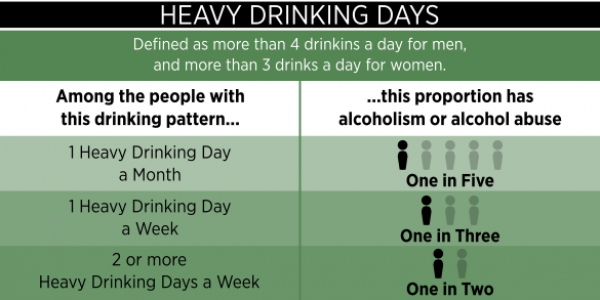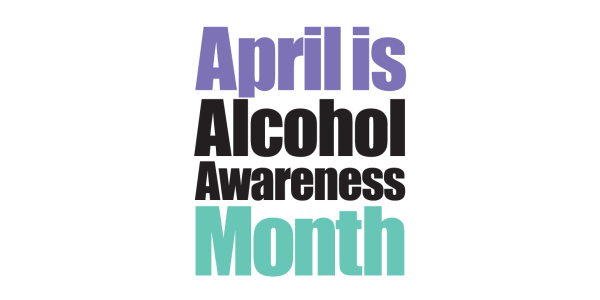Thinking About Drinking?
Have you ever spent much time thinking about your drinking?
The fact is that two-thirds of all American adults drink alcohol, and the people at MSU are no different. For most of us, our alcohol use is just something that we've been doing for years, so we don't think much about it. It’s just what we do to relax, when we play, when we're stressed, when we're at a football game... drinking has just become a part of our lives. And, so, we don't think about it. We just do it.
The trouble is that it's difficult to assess your own drinking habits to know when you have crossed the line into riskier drinking behavior. Simply put, it's hard to know how much is too much. Without spending time looking at our own drinking patterns, learning what a real drinking problem is, or knowing how to recognize the "red flags", you could find yourself with a real problem, and not know where to go for help.
Thinking About Drinking has been designed to offer you a safe, confidential way to take stock of your own drinking habits, using evidence-based data and validated tools to help you learn about how drinking could be affecting your health, your relationships, your work, and your life.
The University Physician’s Office, Health4U, and the Employee Assistance Program identify alcohol use as both a health and wellness issue important to the entire MSU community, not just students. It’s just one of many health factors, including nutrition, exercise, tobacco use, and emotional health, which can affect health status, both in the long and the short term. So, it makes sense that we pay attention to our alcohol use – to really begin thinking about drinking.
We know what you’re thinking – this is a college campus, so discussion devoted to alcohol use must have something to do with college kids, right? Well, actually, it’s interesting:
Approximately two-thirds of all adults in America drink alcohol, and somewhere around 13 percent of them experience substance use disorder (Grant et al., 2017).
While it is true that the highest prevalence of both binge drinking and heavy drinking in the US is seen in young adults between 18 and 25 (Substance Abuse and Mental Health Services Administration, 2016), middle aged people between 30 and 64 years are at the highest risk for lifetime alcohol use disorder. So, we know that this isn’t just a potential problem for the students; it’s a health related issue for anyone who drinks.
So, to that end, we thought that there needed to be some kind of dialogue going on around here about our drinking. And, just so you know (in case you were curious), we're not here to pass judgment or to assume we know it all. Rather, we know that many adults around this campus drink, and we also know that there's strong research that suggests that certain levels of drinking can cause significant problems for people.
Curious? Intrigued? Wondering about what we're talking about? Great. We ask you to poke around for a while. Read more about what seems to be the level of drinking that places people at the lowest risks for alcohol related problems. Find out more about how drinking can affect your health (and just how much drinking it takes to do that).
Just spend a little time Starting to Think About Drinking.
References
Bridget G., Patricia C., Tulshi S., Roger P., Bradley K., June R., Boji H., Jeesun J., Haitao Z., Fan A., Hasin D. (2017). Prevalence of 12-Month Alcohol Use, High-Risk Drinking, and DSM-IV Alcohol Use Disorder in the United States, 2001-2002 to 2012-2013. Results From the National Epidemiologic Survey on Alcohol and Related Conditions. JAMA Psychiatry, 74(9), 911-923
Substance Abuse & Mental Health Services Administration. (2016). Results from the 2016 National Survey on Drug use and Health: Detailed Tables. Retrieved from https://www.samhsa.gov/data/sites/default/files/NSDUH-DetTabs-2016/NSDUH-DetTabs-2016.pdf
Articles

Dependency
If you drink too much for too long, you can become dependent, or physically addicted, to alcohol.

Risks to Psychological Health & Appearance
Drinking over the recommended limits can increase the risk to your psychological well-being.

Immediate & Long Term Health Risks
Drinking over the recommended limits can have immediate as well as long term health risks.


What are the Warning Signs?
What are the warning signs that I might have a problem with alcohol?



.png)
What is "low risk" drinking?
If you’re going to drink and be as safe as you can be, you might want to pay attention to these research based low-risk recommended guidelines. Sometimes, this is referred to as "drinking in moderation."
.png)
Starting to Think About Drinking
What counts as "one drink"? All drinks are not created equal.


Free Online Alcohol Screening for Alcohol Awareness Month
It's April, which means it's Alcohol Awareness Month. So, why not give an online screening a shot?





